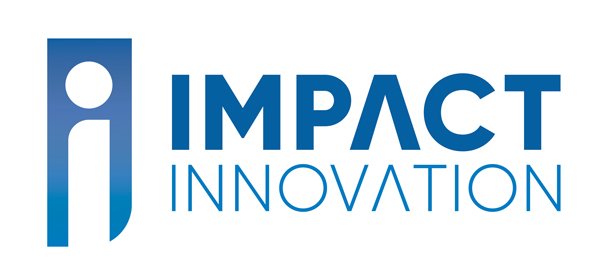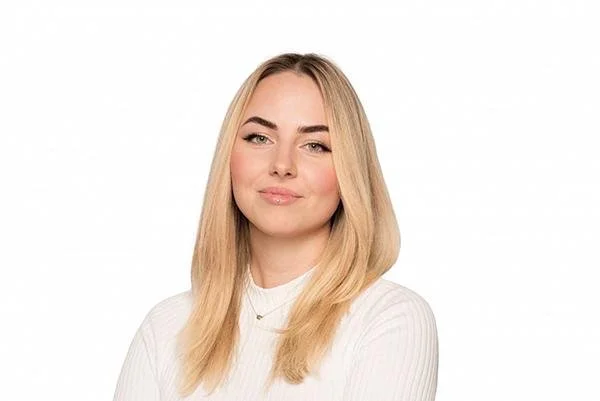"Business Wales Accelerated Growth Programme has been invaluable in guiding our growth journey."
E-commerce and digital innovation continue to revolutionise various sectors across the globe. From fashion to finance, digital platforms have broken barriers and created opportunities for freelancers, entrepreneurs and consumers. Quadrip, a personal styling online platform based in Wales, is an excellent example of this revolution.
Launched in May 2023 by Gabriele Sidekerskyte, a Lithuanian economics student at Aberystwyth University, Quadrip connects freelance stylists with clients seeking personal fashion advice and style support. The platform allows stylists to offer one-to-one consultations, guide individuals on style, curate complete looks and closet revision.
Despite being in its early stages, Quadrip has already garnered significant interest from stylists and customers.
The Business Wales Accelerated Growth Programme (AGP) has played a vital role in Quadrip's development. AGP offers targeted support for fast-growing, ambitious firms, partly funded by the European Regional Development Fund through the Welsh Government.
In this blog, Gabriele, the driving force behind Quadrip, shares her business journey and offers advice to aspiring young entrepreneurs.
Gabriele Sidekerskyte
Tell us about Quadrip?
At Quadrip, we believe that everyone deserves to feel confident and empowered in their skin. We know that fashion significantly affects how we feel about ourselves. Still, we also understand that not everyone has the time, knowledge, or confidence to put together a great outfit.
Quadrip is more than just an online platform; it is a bridge that connects style experts to those needing fashion advice. The inspiration for Quadrip came from observing the struggle of friends and family, who spent a lot of time shopping, contemplating what to wear, and accumulating untouched clothing. I realised that fashion could play a significant role in boosting people's confidence, but that people often struggle with how to spend money on fashion and put an outfit together.
That's why we've created a platform that connects you with top-rated personal stylists who are experts in their field. Our stylists work with you to understand your unique style, preferences, and lifestyle. They then help you better understand your body type and colour palette and create personalised outfits that make you feel confident and beautiful.
With our platform, you can browse a diverse range of personal stylists, their services and choose the one that best fits your needs and budget. You can communicate with your stylist through our secure messaging system to help them better understand your needs and get recommendations with links for the items you should purchase.
We aim to make fashion accessible and enjoyable for everyone, regardless of budget, body type, or style preferences. Whether you're looking for a complete wardrobe overhaul or just a few new pieces to refresh your look, our personal stylists are here to help you achieve your fashion goals.
Once I'd refined my idea, I undertook market research, which showed a real appetite for expert styling advice at the click of a button. From there, my biggest initial challenge was developing the platform and onboarding stylists. Connected with a skilled web developer was a turning point for the development of Quadrip. Today, we continuously learn and grow with our early adopters and stylists.
What is your proudest moment in business?
While Quadrip is still in its early stages, my proudest moment is tied to my personal growth. I took the risk of moving alone to a new country, which was daunting, but I love living in Wales. I have built new networks and learn something new every day. Today, I am proud of the business and my connections.
What challenges have you faced in business?
The road to launching Quadrip was riddled with challenges. One such challenge was the desire to iron out every possible issue before launch, which in hindsight, held back the platform's development. In retrospect, launching the platform sooner could have helped us uncover and address issues quicker, facilitating a faster market fit.
How has support from Business Wales helped your business?
Support from the Business Wales Accelerated Growth Programme has been invaluable in our journey. They provided direct business support and assistance with branding and marketing, which played a critical role in helping us identify our audience and refine our offering.
What advice would you give other businesses starting out?
Move quickly: Don't hesitate to launch before you feel entirely ready. Gathering early feedback is often the most efficient way to achieve a market-ready product.
Embrace failure: Failures are part of the learning process, and the ability to pivot after failure ensures sustainability.
Overcome imposter syndrome: Feeling inexperienced or out of place is common, but don't let it hinder your growth. Stay grounded but keep pushing boundaries.
To learn more about Quadrip, visit here.
Further information on the Business Wales Accelerated Growth Programme (AGP) is available here.









